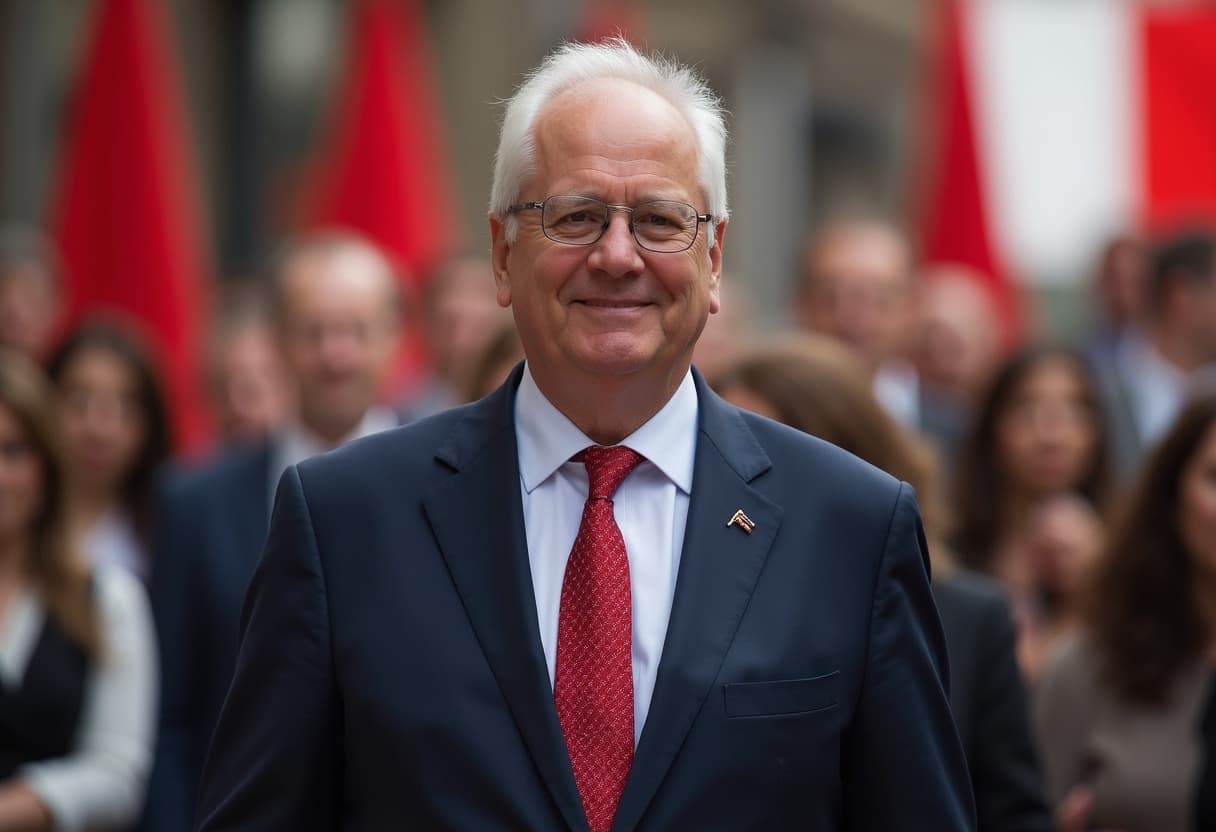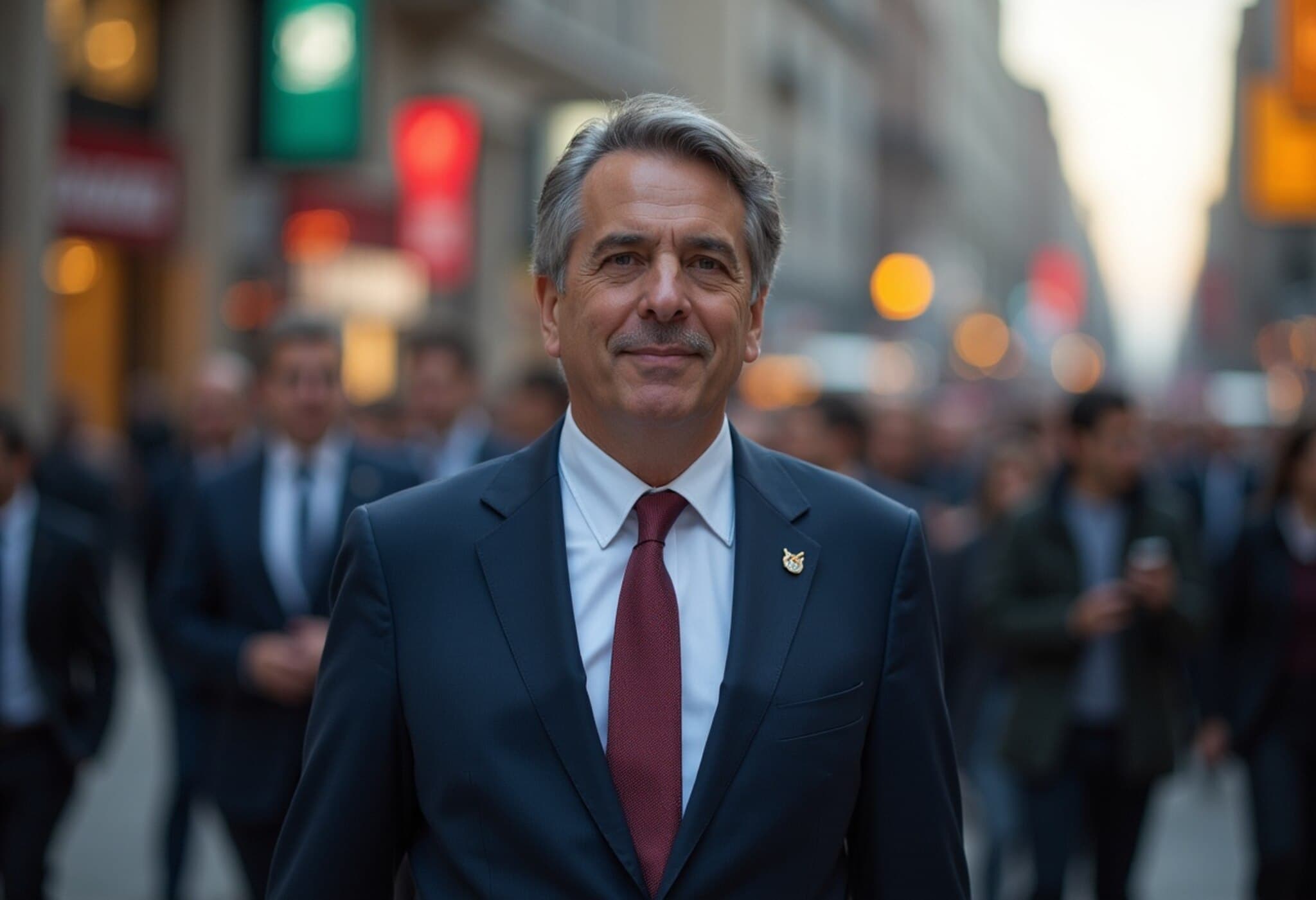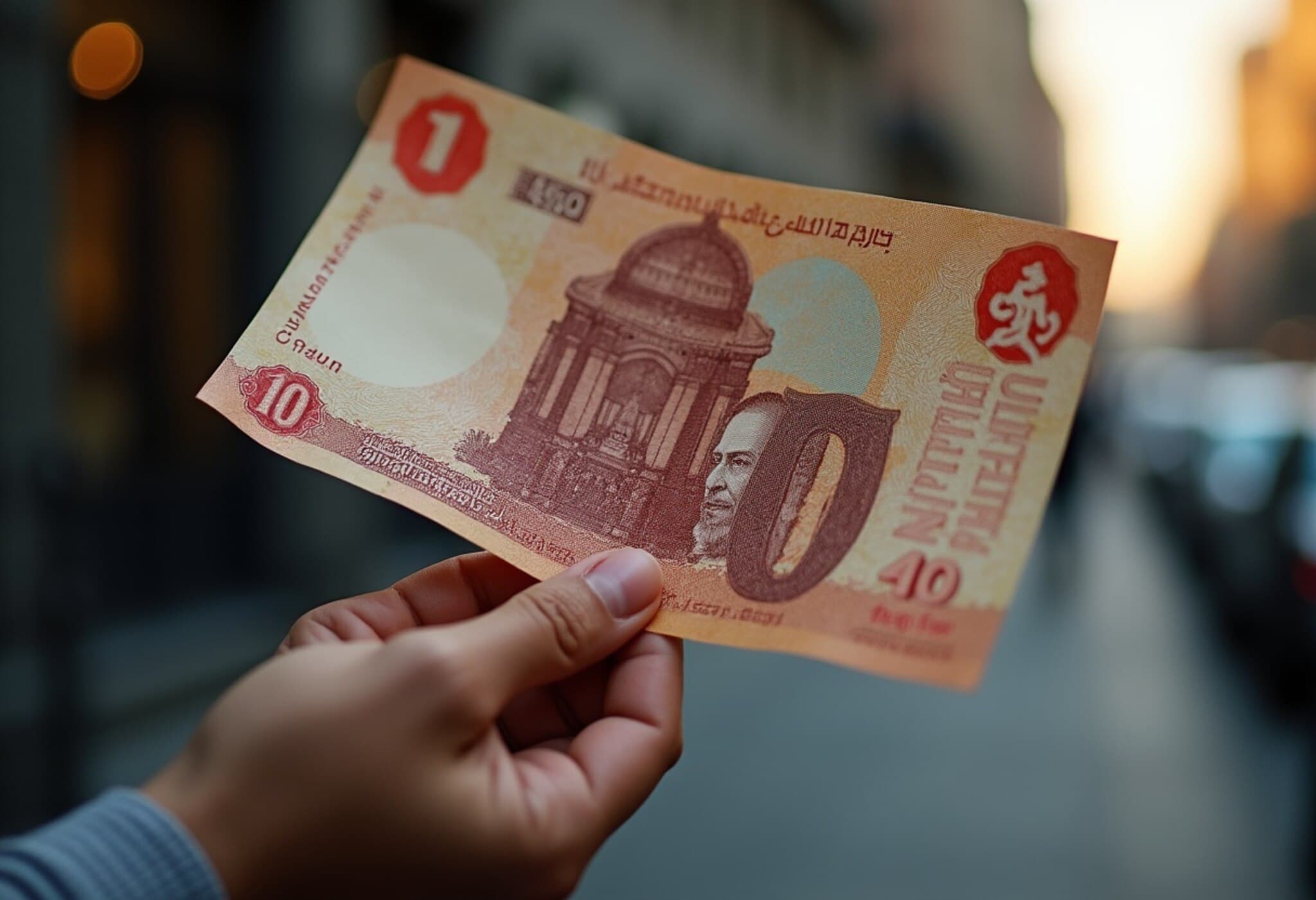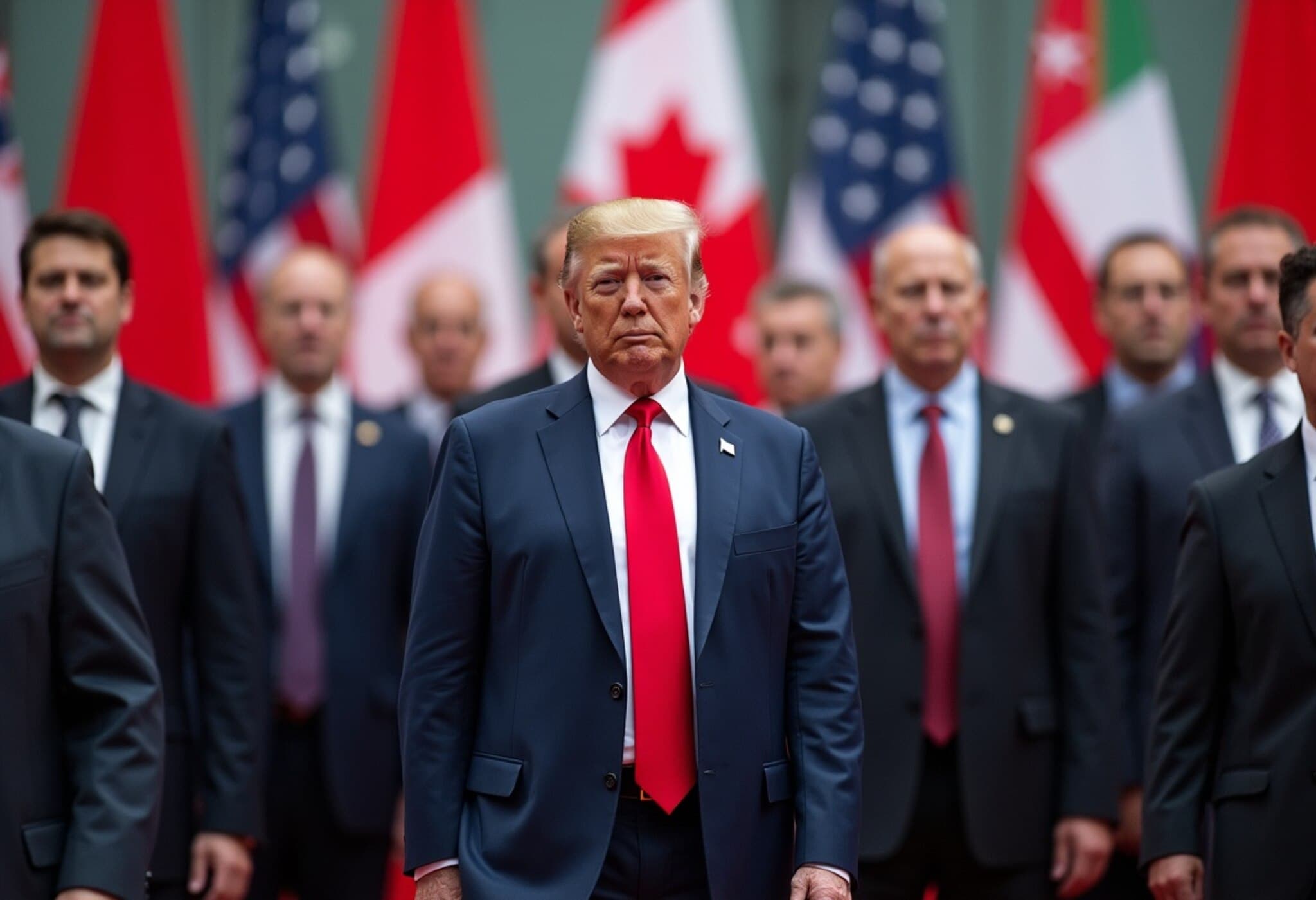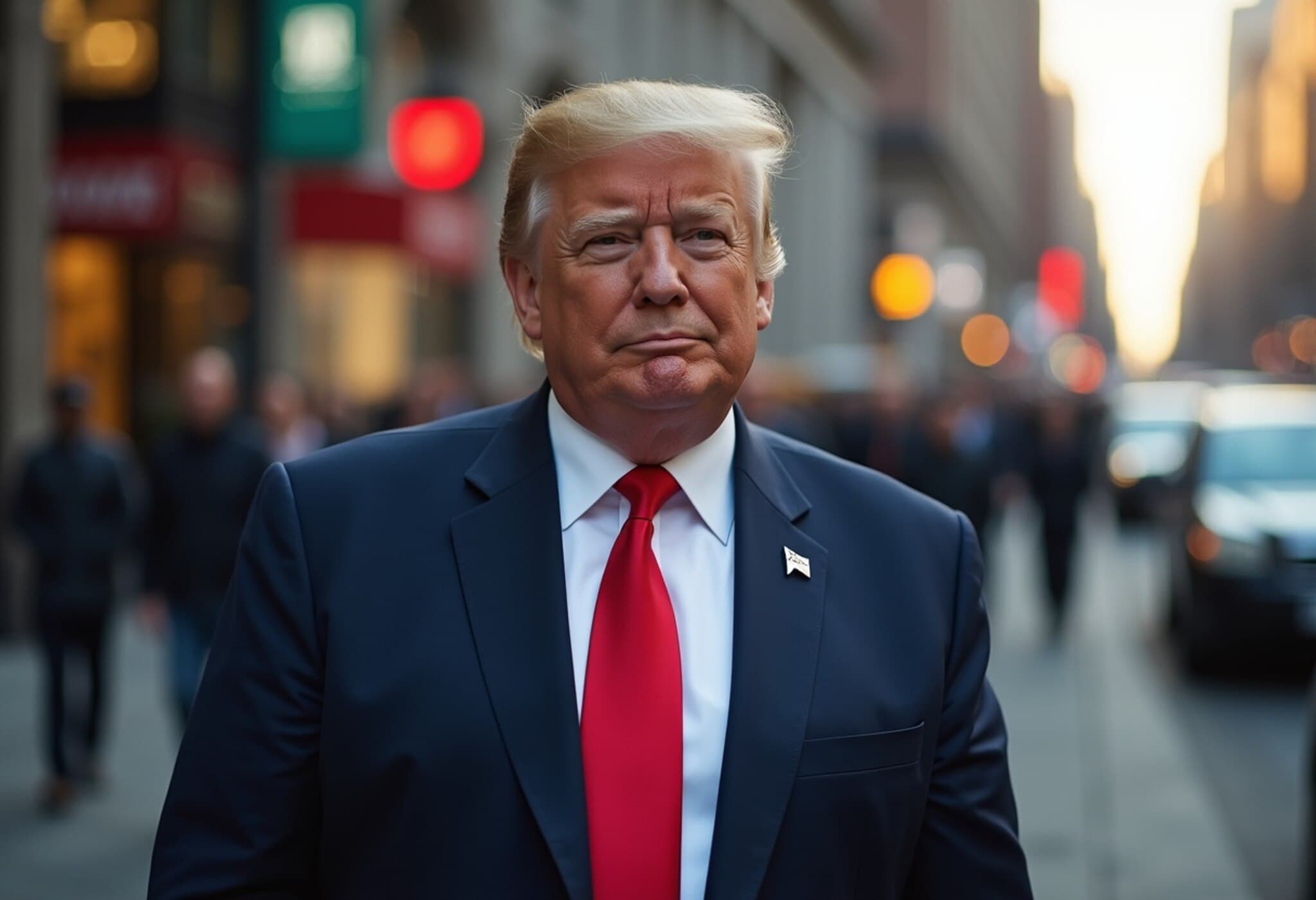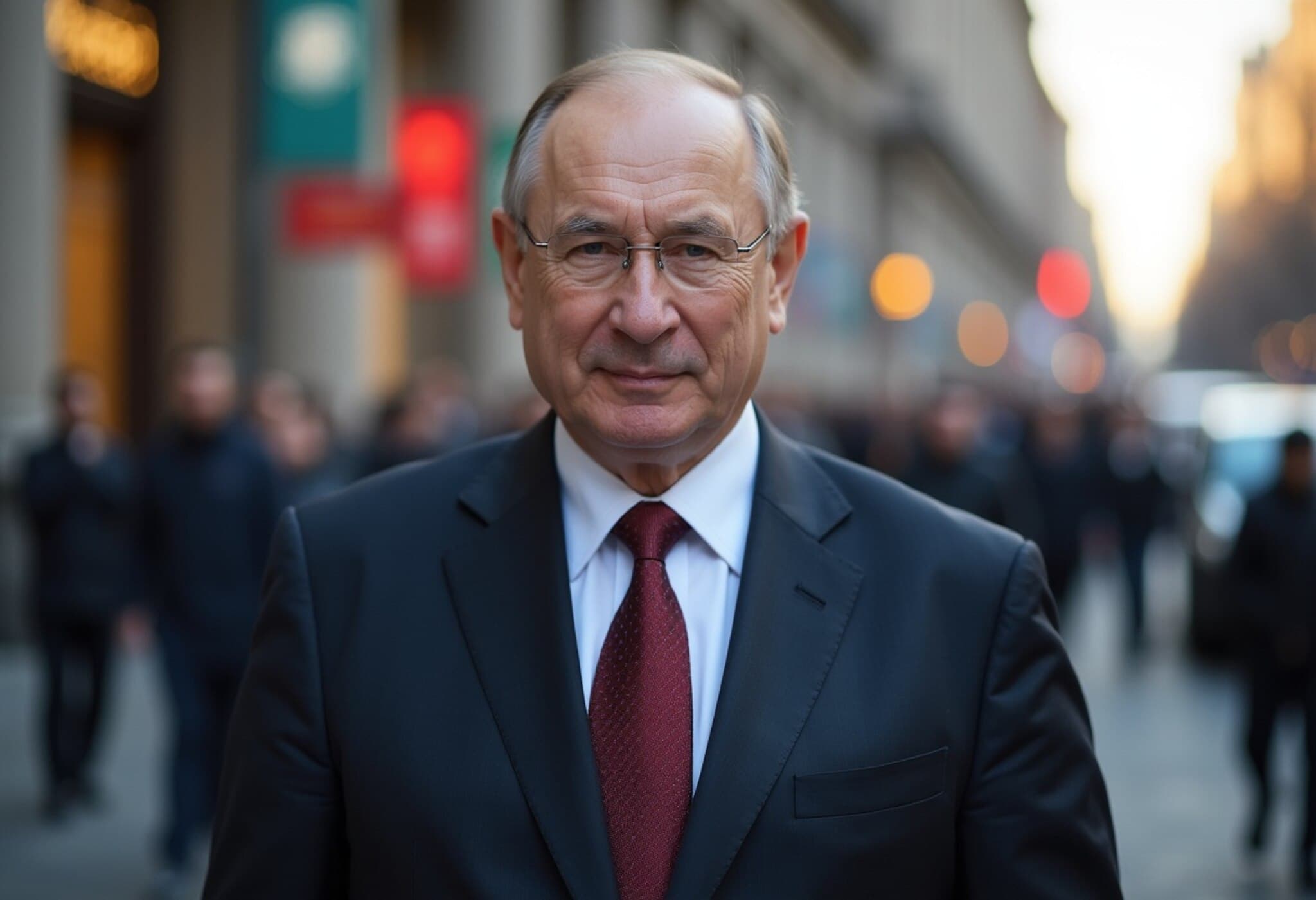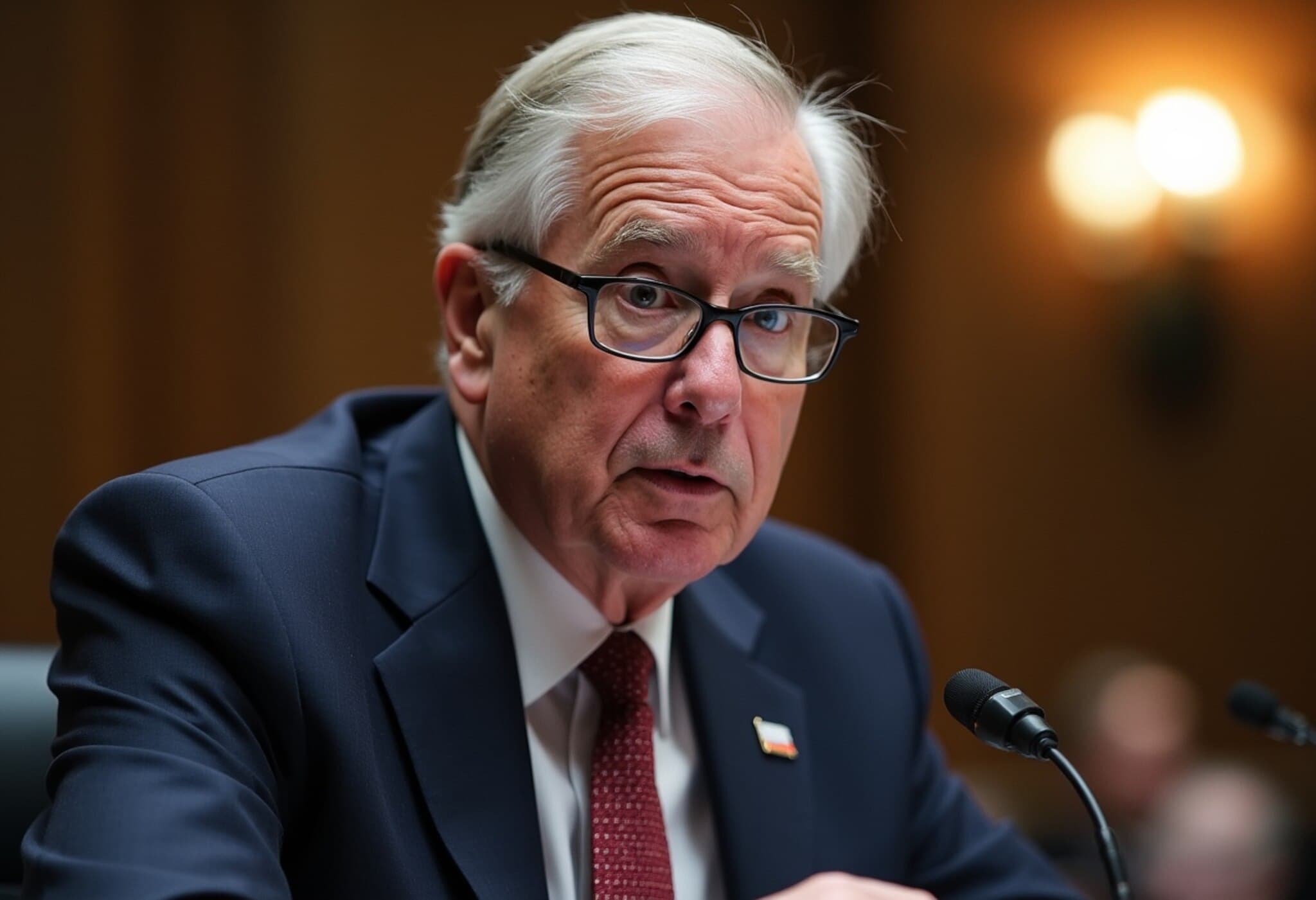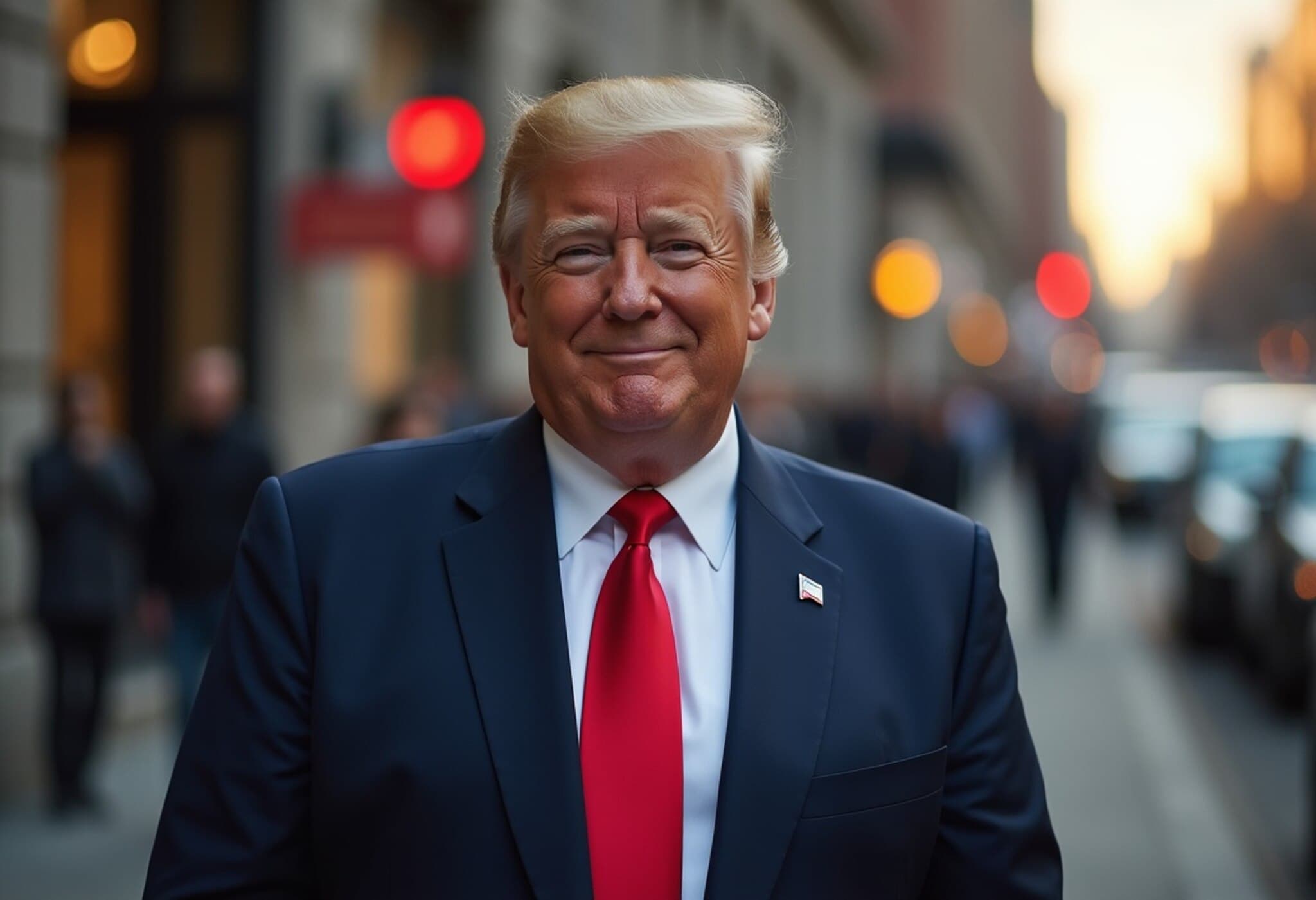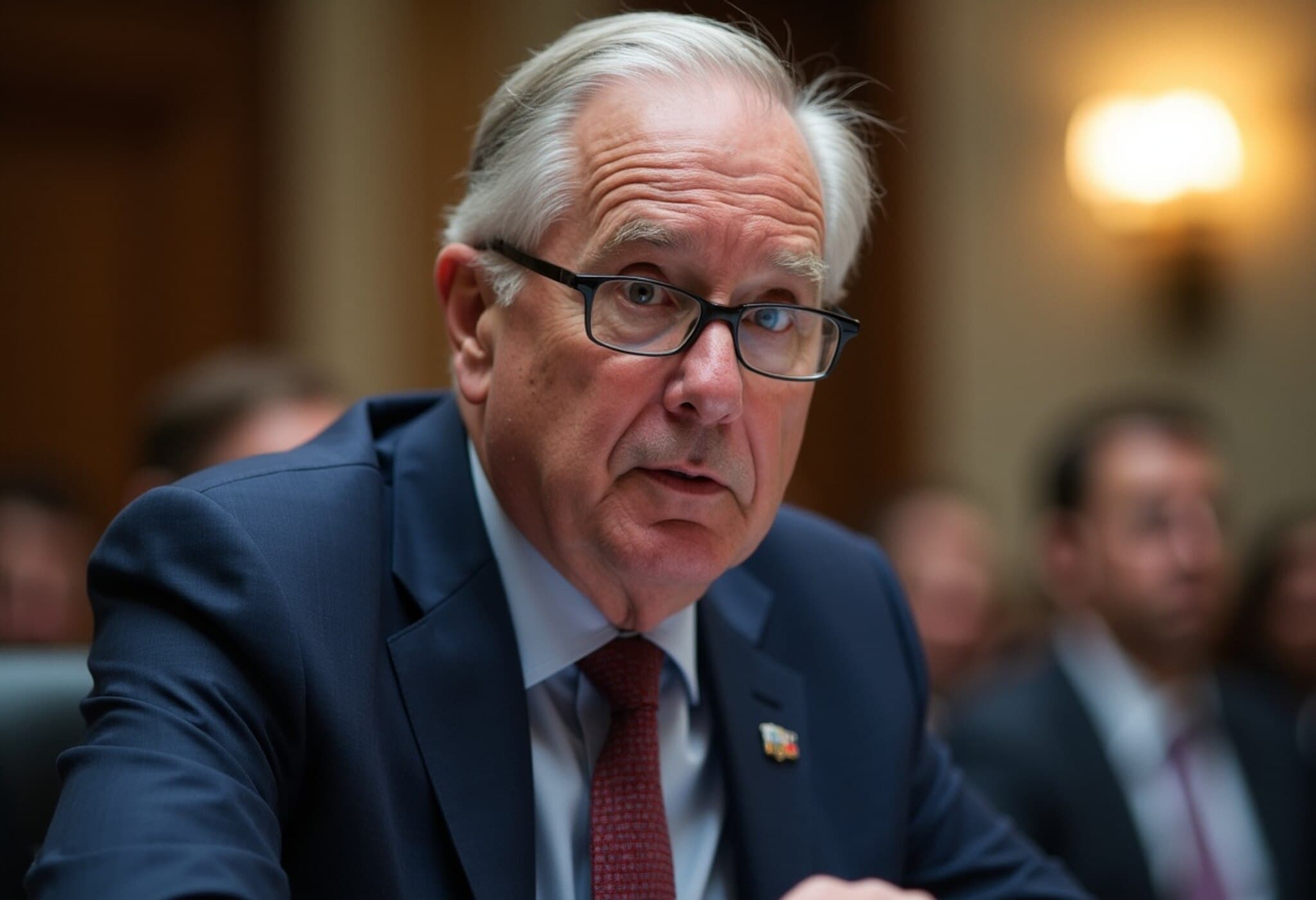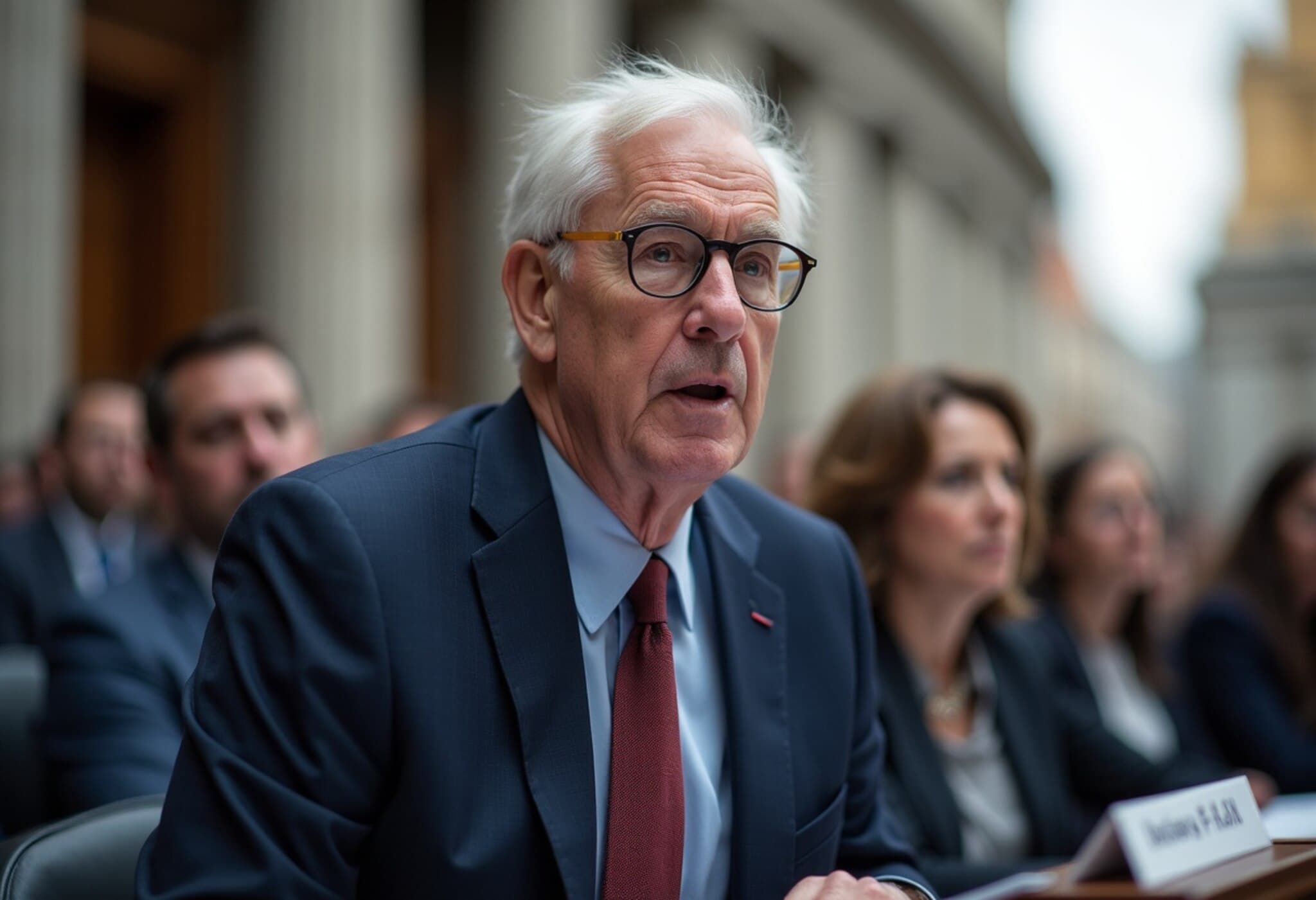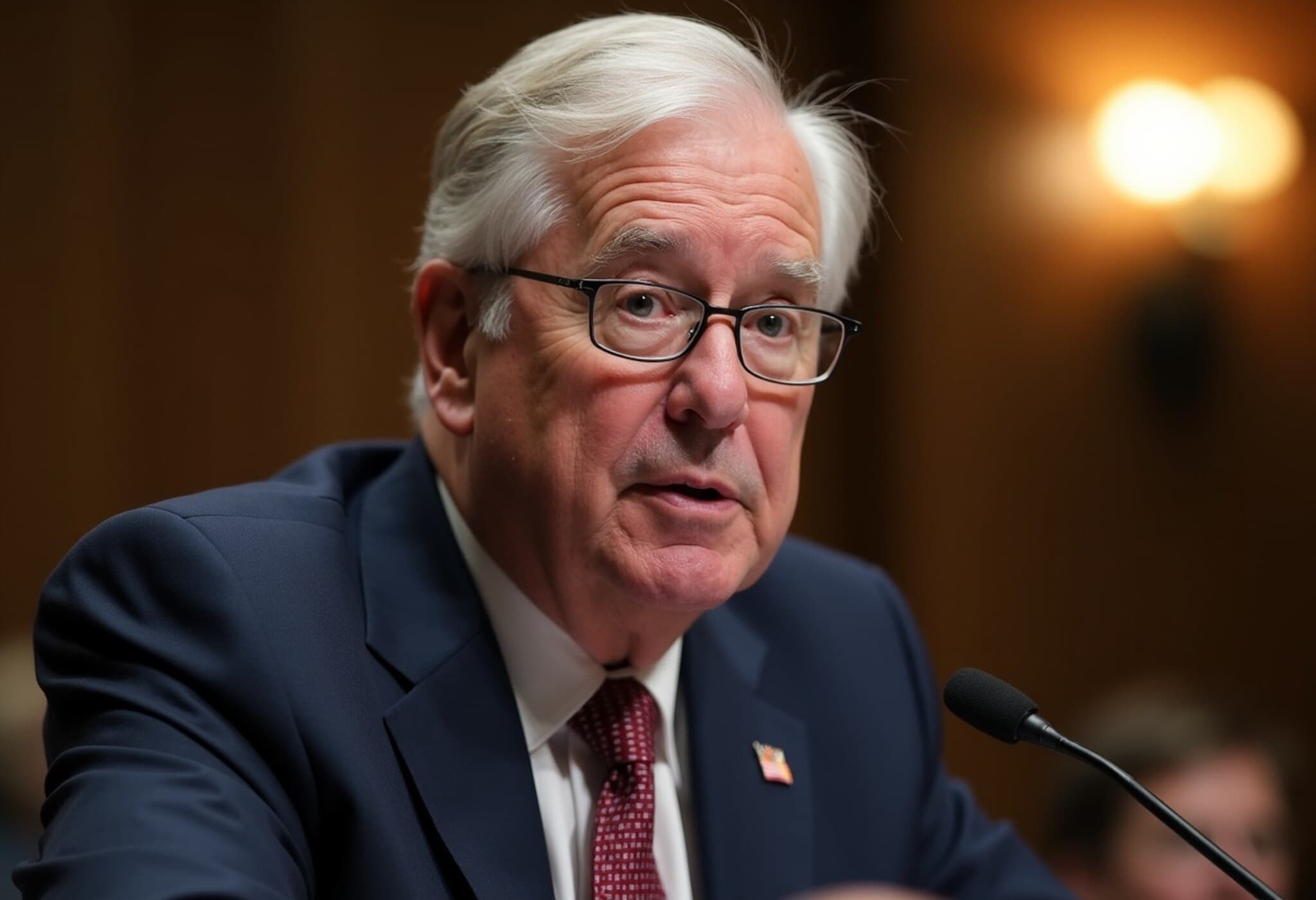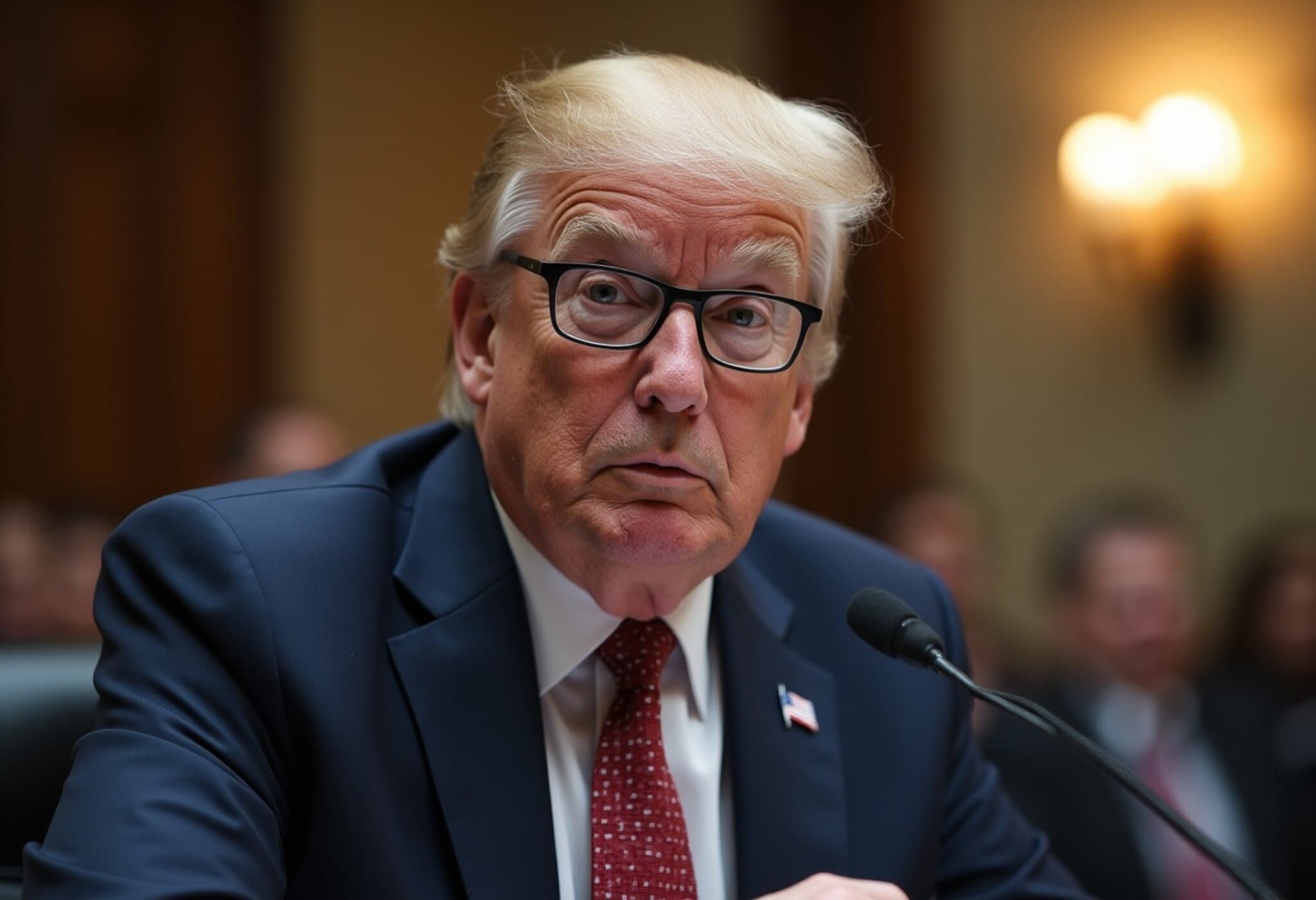Venezuela’s Government Cracks Down on Economists Amid Economic Turmoil
Amid a harsh economic crisis exacerbated by soaring inflation and stringent U.S. sanctions, Venezuela’s authoritarian government has expanded its crackdown to include a new group: economists. These independent analysts, who provide critical insights into Venezuela’s deteriorating financial state, are now facing detention, intimidation, and censorship under President Nicolás Maduro’s regime.
The New Frontline: Economists as Targets
Historically, Venezuela’s government has silenced opposition politicians and critics, but recent months have seen a troubling shift as economists become the latest targets. Around two dozen economists and financial data publishers have reportedly been detained in the past two months alone, according to human rights organizations and official sources. This aggressive stance aims to control the narrative surrounding Venezuela’s deepening economic crisis, as independent experts reveal grim realities the government prefers to obscure.
Phil Gunson, an analyst with the International Crisis Group and a long-time observer of Venezuela, describes the arrests as a “shoot-the-messenger” tactic designed to suppress unwelcome truths about inflation and currency devaluation. Since Venezuela's Central Bank ceased releasing trustworthy inflation data years ago, independent economists have filled the vacuum, offering estimates based on market realities rather than official figures. These estimates have become vital for Venezuelans and international observers alike.
Personal Stories Behind the Crackdown
The story of Rodrigo Cabezas, a former finance minister and economist, embodies the human cost of this repression. Once part of the ruling party, Cabezas turned critical of Maduro’s economic policies and was detained in early June under dubious circumstances. His family has been left in anguish, with no information on his whereabouts or health—he requires daily medication for high blood pressure, which amplifies concerns over his well-being in detention.
Rodna Cabezas, his daughter, expressed the family's heartbreak: “It’s like a permanent knife in my heart.” This ordeal is emblematic of the broader climate of fear that now silences not only those inside Venezuela but also economists abroad, many of whom worry for their families back home.
Economic Realities: Hyperinflation, Currency Collapse, and Dual Monetary Systems
Venezuela’s economy imploded over the last decade due to chronic mismanagement and the impact of U.S. sanctions, which were stepped up under President Trump after a brief easing during President Biden’s tenure. Hyperinflation has soared to staggering levels—estimated at 300,000%—eroding the value of the Venezuelan bolívar and forcing many citizens to rely on U.S. dollars as a lifeline.
- The government maintains an official exchange rate that often overstates the strength of the bolívar.
- In reality, most Venezuelans transact using a parallel “black market” dollar rate, monitored through independent websites like Monitor Dólar.
- Attempts to silence those reporting on this parallel rate are part of a broader strategy to hide the currency’s true depreciation, which deeply impacts everyday life.
Economists like Mr. Gunson highlight that the government’s campaign to silence economic data providers is fundamentally about controlling public perception to avoid panic and dissent.
Broader Context: Data Suppression as a Tool of Authoritarian Control
Venezuela is not alone in its manipulation or withholding of official data during crises, but the scale and severity of repression here are alarming. Since 2016, for example, epidemiological data has been shrouded in secrecy, underscoring a governmental pattern of eroding transparency across sectors.
Independent financial platforms have shuttered under pressure, including cryptocurrency exchanges that provided Venezuelans alternative ways to protect their savings. This not only stifles economic freedom but also drives financial activity further underground, complicating any efforts toward recovery.
The International and Human Rights Dimensions
Despite hopes that easing sanctions might encourage democratic reforms and economic recovery, recent events have dashed optimism. The contested 2024 election victory declared by Maduro prompted renewed sanctions under former President Trump, further constricting Venezuela’s fragile economy.
Human rights organizations such as Provea document the worrying trend of disappearances and indefinite detentions without due process, raising urgent questions about the state of rule of law in Venezuela. The case of detained economists like Rodrigo Cabezas is sadly emblematic of this broader erosion of rights and institutional safeguards.
Diosdado Cabello, Maduro’s powerful deputy, publicly accused independent economists of “playing with fire,” framing them as destabilizing agents rather than essential contributors to an informed public debate.
What Lies Ahead for Venezuela’s Economy and Civil Society?
As Venezuela’s economic crisis deepens—with inflation unchecked and a currency in free fall—the government’s determination to silence independent voices threatens to isolate the country further. This strategy risks driving financial transparency into the shadows, making it nearly impossible for citizens and policymakers to navigate an already chaotic environment.
Experts warn that without credible data and open dialogue, any hope for meaningful reform or international engagement will remain elusive. Meanwhile, the human toll of repression grows, casting a shadow over the resilience of Venezuela’s civil society.
Editor’s Note
Venezuela’s targeting of economists highlights a chilling dimension of authoritarian regimes: the war on data and truth itself. As inflation and economic hardship continue to batter everyday Venezuelans, suppressing independent economic analysis not only restricts transparency but also deepens mistrust and fear. Looking forward, the international community faces a complex challenge—how to support economic recovery and protect human rights when factual discourse is under siege. For readers, this raises a crucial question: in a world increasingly shaped by information, how vital is open economic data to democracy and survival?


